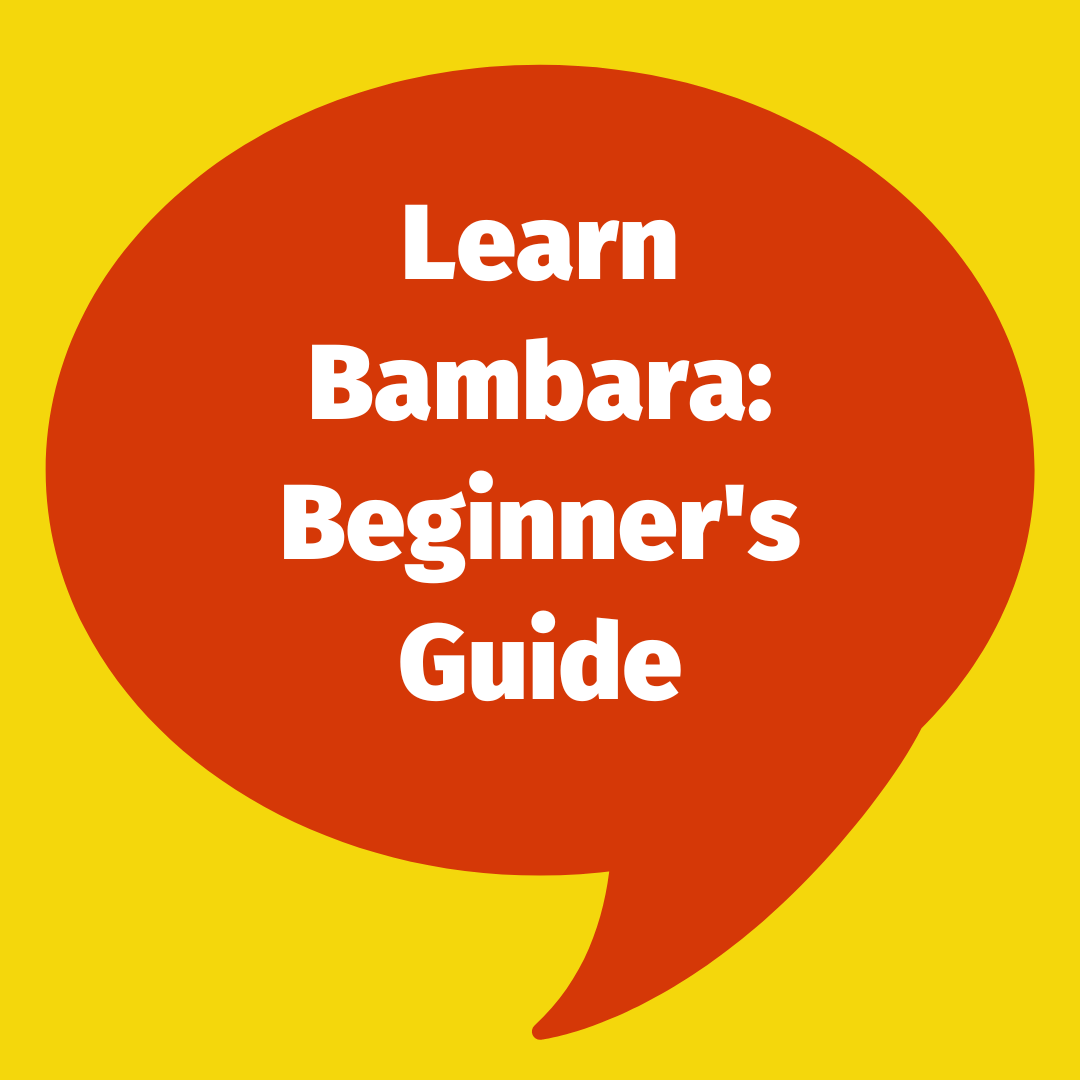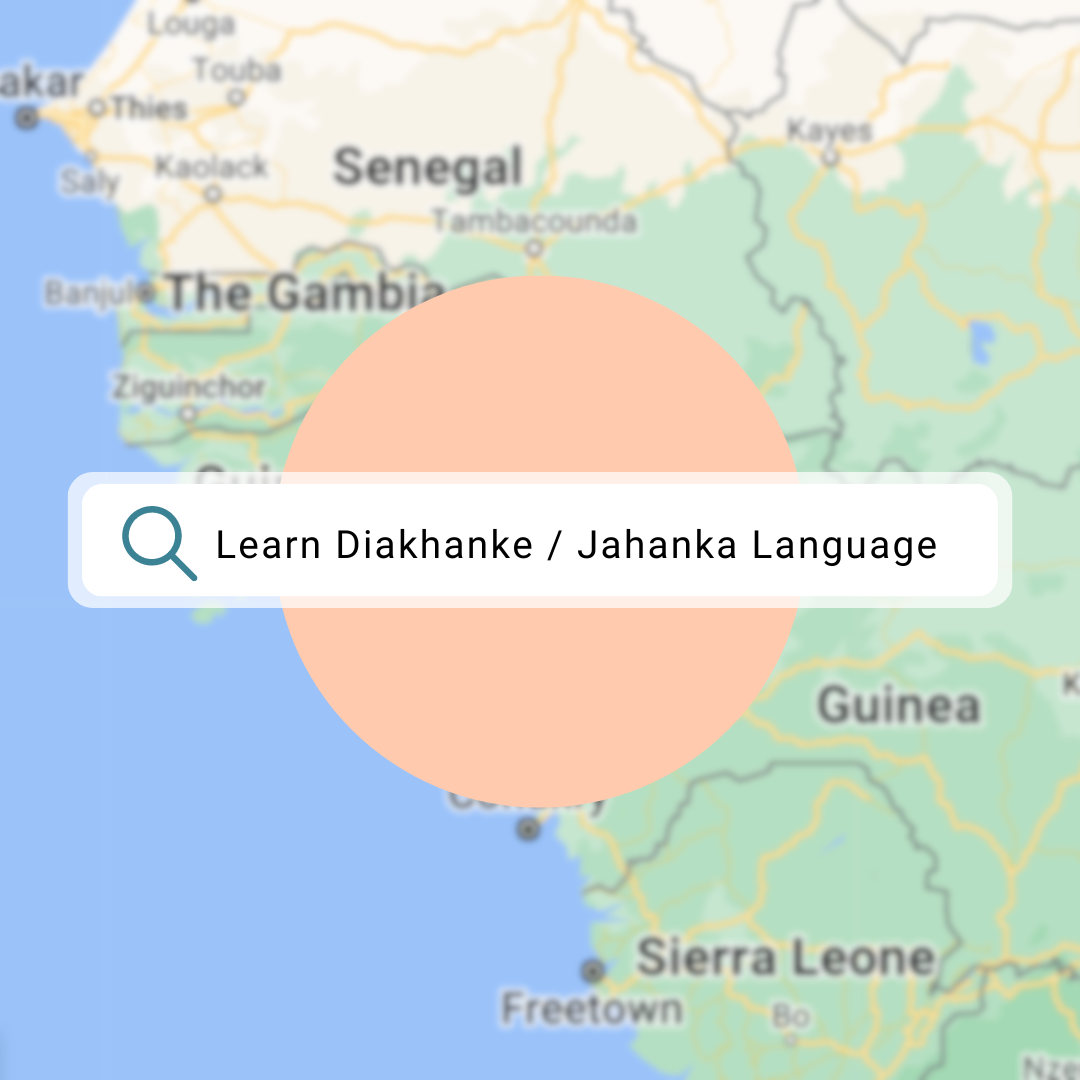Just put a new Bambara-English (and French!) dictionary up on my website: http://dictionary.ankataa.com ! It's a work in progress and doesn't yet include N'ko, but Antoine Fenayon and I started it years ago with learners of Bambara & Jula in mind. Why might you like it?
Read morePrint Dictionaries for Learning Bambara
Aw ni tuma! As important as the Manding variety Bambara is in Mali, those looking to learn the language often struggle to find the best resources. A dictionary of course is key tool for learning any language so here’s a brief overview and review of the best print one’s available for those looking to learn Bambara (or any other Manding variety for that matter).
Later I’ll do another post with information regarding online/digital dictionaries as well as dictionaries for Manding more broadly. For now, have a look at my resources page which lists some of them without much detail. Or check out the web-based An ka taa Bambara/Dioula-English-French Dictionary that I made.
Until very recently, print dictionaries where the only option for Bambara learners. While there is an extensive history of colonial lexicons and dictionaries, here I’ll only cover modern ones. In order of utility for learner’s:
Charles Bailleul’s “Dictionnaire bambara-français”
[Check availability here]
Far and away the best print dictionary for Bambara learners, this dictionary produced by a French Catholic missionary is in its third edition as of 2007.
Printed locally in Mali, it fully marks tone and includes information about morphology (e.g., freedom < free, in English for instance). It is rich for the way that divides words up via numbered senses and also provides key information on grammatical usage via examples and in the case of verbs, the listing of appropriate postpositions (e.g., kà bàn X mà ‘to refuse X’) etc. to guide non-native speakers. Also includes the scientific names of plants and animals.
Note that Father Bailleul has also published a useful French-Bambara dictionary from scratch—that is, it’s a simple “reversing” of the definitions or glosses into an “index” (à la Dumestre’s dictionary below) but rather a book on its own that takes French as its starting point. Oftentimes, there’s a range of ways that things can be translated when going between Western and non-Western languages since 1:1 conventions are less well established and his dictionary is useful for exploring such options.
Gérard Dumestre’s “Dictionnaire bambara-français”
[Check availability here]
The final piece of work of a scholar who dedicated his life to researching and teaching Bambara at l’INALCO in Paris, this dictionary is much easier to find than that of Bailleul’s since it is in print and available from Karthala in Paris.
While immensely useful, it is quite distinct in nature from a traditional dictionary such as Bailleul’s. Each headword is followed by a range of possible glosses in French; so, for instance, imagine something like this:
hákili - esprit, intelligence, raison, réflexion, attention ; réfléchir, faire attention; prendre gare.
Following this range of glosses are an invaluable series of examples drawn from a humongous corpus of oral and print Bambara sources listed at the beginning of the dictionary. The problem is that the corpus examples are not linked to the glosses so it is up to the student to read through the examples and their free translations and make the necessary connections. How prototypical the examples are however is often unclear and one is left to their own devices when it comes to deciding, for example, what postposition would be most appropriately used with the verb fɔ́ ‘say’.
The book is very big and heavy though so it can remain propped open in a way that Bailleul’s can’t and that’s a secret bonus.
Kassim Kone’s “Bamanankan Daɲɛgafe”
[Check availability here]
A monolingual Bambara dictionary produced by Kassim Kone, a Malian scholar based at SUNY Albany, and available from Mothertongue Editions out of the Boston area.
Given that it is Bambara-Bambara, it is a treasure but one that is obviously not ideal for those who don’t already have advanced knowledge of the language.
In line with official Bambara orthography, tone is not marked in this dictionary. This is drawback for non-native speakers. While many learners do not pay attention to tone, it is a key feature for those that want to avoid saying the wrong word (e.g., bá ‘river’ vs. bǎ ‘goat’) and some more natural.










